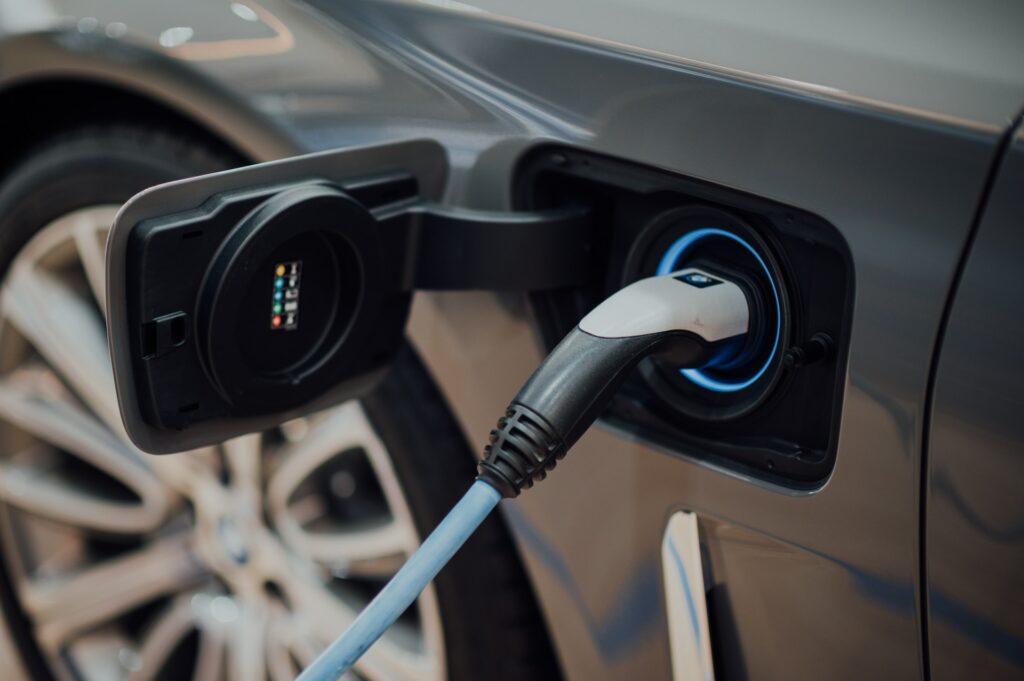The ATO has put in place a fringe benefits tax (FBT) exemption for employers providing electric vehicles for staff to use, where the vehicle is available for private use. This is great news to many buyers considering an electric car and should encourage a greater take up of electric cars by making them more affordable, but there are rules that need to be followed.
The FBT exemption applies to select electric vehicles, not all.
What does the FBT exemption mean for electric car buyers as an employee and employer?
From 1 July 2022 employers do not pay FBT on eligible electric cars and associated car expenses.
As an employee, if you qualify for all the rules and purchase an eligible electric car through a novated lease in a salary packaging arrangement, you won't have to cover the cost of any FBT incurred.
Additionally, associated expenses like registration, insurance, repairs, maintenance and fuel or electricity costs for charging are also exempt from incurring FBT, if provided for an eligible electric car.
As an employer, purchasing eligible electric cars for use in your fleet and providing eligible electric cars to any employees who are company car drivers, will significantly reduce your annual FBT expense.
This is a great financial incentive for both employees and employers.
However, employees who purchase an electric car privately from their own personal funds will not benefit from the scheme.
Which electric cars are eligible for the FBT exemption?
An eligible electric vehicle is a car that is a zero or low-emissions vehicle, meaning it has to be a battery full-electric vehicle, a hydrogen fuel-cell electric vehicle, or plug-in hybrid electric vehicle. It also needs to be designed to carry a load less than one tonne and 8 or less passengers (including the driver). An electric 1 tonne Ute would not qualify. The exemption only applies to vehicles that are ‘cars’ for FBT purposes and excludes motorcycles, scooters and similar vehicles.
Eligible electric cars also need to be under the luxury car tax (LCT) threshold for fuel-efficient vehicles, which for the 2022/23 financial year is $84,916 (GST inclusive).
An important thing to note is that the scheme only applies to PHEV (Plug-in Hybrid) cars until 31 March 2025, meaning that from 1 April 2025, PHEV cars will no longer be considered to be low-emissions.
However, if you purchase a PHEV car before this date, and your novated lease period continues beyond 1 April 2025, you will still be eligible to claim the FBT exemption until your contract lease period expires.
To qualify, an electric car must be used for the first time on or after 1 July 2022 – even if it is held before this date.
This means the car can only be first made available to employees after 1 July, regardless of when it was purchased. If an employee had use of it on 30 June 2022, or earlier, it doesn’t qualify.
This commencement date is based on when the car was first used or available for use. If you buy a used car, even if it is your first time using it, the ATO may deem the car to already be ‘used’, and therefore not eligible for the FBT rebate.
Therefore, purchasing a brand-new electric car would avoid any issues with the vehicle possibly being deemed as having already been used prior to 1 July 2022.
Exclusions from the associated electric car expenses FBT exemption
While the associated electric car expenses like registration, insurance, repairs, maintenance and fuel or electricity costs for charging are covered by FBT exemption, a home charging station paid for by an employer is not considered a car expense associated with providing a car fringe benefit for electric cars, and is treated as a separate benefit. If the installation costs of a home charging station have been bundled into a lease agreement, these costs need to be pulled out and treated separately.
GPS subscriptions are not considered to be car running expenses and therefore are not exempt from FBT.
A charging cord is not considered part of the car and is considered a separate benefit if provided by the employer.
While new batteries that maintain an electric car’s efficiency or function, or only make a small difference, are treated as repairs and included in the FBT exemption, new batteries that create an enhancement, or capital improvement to the car (such as providing significantly more power and energy storage), will add to the cost price of the car.
Reporting the fringe benefit for employees and employers
Even though electric cars are exempted from fringe benefits tax, the benefit may still need
to be reported on an employees tax return.
If the total value of reportable fringe benefits provided to an employee during the FBT year is more than $2,000, an employer must report the benefits on the employees income
statement or payment summary, and the employee must also therefore disclose reportable fringe benefits in their individual income tax return.
This means that an employer still needs to work out the taxable value of the car benefits as if they had been fringe benefits, and not exempted.
The reportable fringe benefits amount is not included in an employee’s assessable income, and it does not affect their standard Medicare payable.
However, it is included in the income tests and thresholds for family assistance, child support assessments and some other government benefits and obligations.

